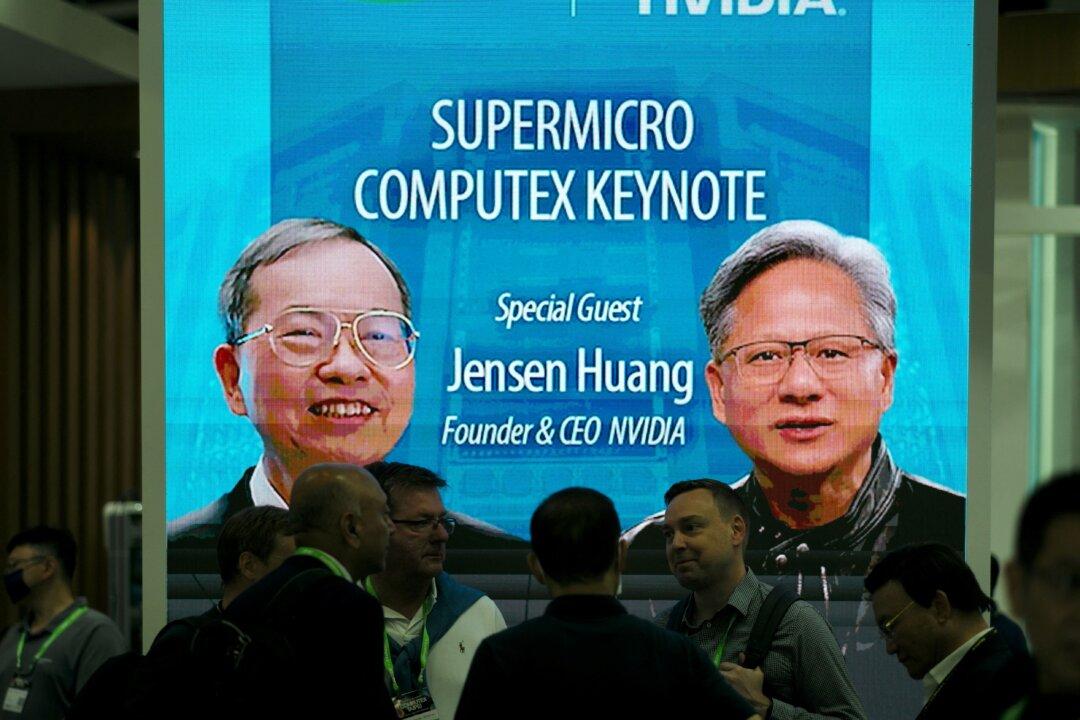Supermicro has been one of the best-performing stocks on the market since the start of 2023, having soared by 585 percent in a year. The high-density servers and storage equipment manufacturer benefited heavily from the artificial intelligence (AI) boom since its hardware excels at fast response times and handling large volumes of data, all required for training AI models.
The growing demand for AI has brought Supermicro’s total market valuation from just under $5 billion at the start of 2023 to $27.5 billion today. At one point, its stock even outpaced GPU and AI chip maker Nvidia and other popular tech stocks. Supermicro’s earning reports repeatedly sent shockwaves across Wall Street in the past year.






